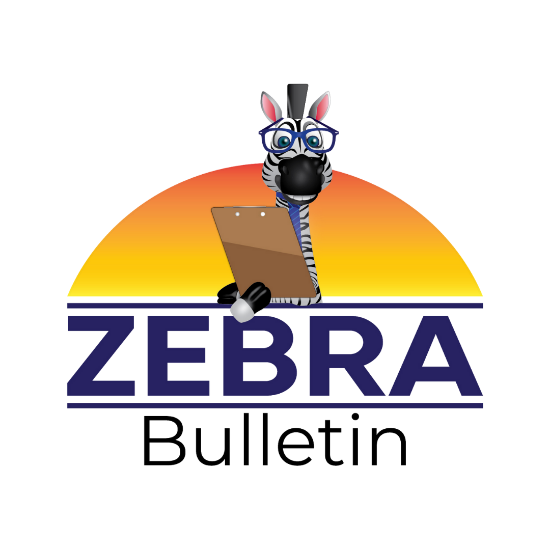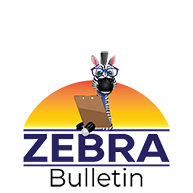
March 15 Edition




The change in the ZWL ZEBRA Grocery Index was 3.03% in the 7 days ending 15 March 2023 (Table 1).
This week’s increase was primarily driven by local goods. Basket items such as toilet cleaner, cabbage, coffee creamer, chibuku, and mealie meal increased, with toilet cleaner having the highest price increase of 17.1%. The cumulative 4-week change was 11.59% to 15 March 2023.
Regarding the USD index at the parallel rate of approximately ZWL 1,170, compared to ZWL 1,200 a week ago, US dollar prices increased by 5.67%.

This week, we looked at Jungle Oats prices in the region.
1kg of Jungle Oats in Zimbabwe costs ZWL 4,107 on average across the supermarkets, we survey. The same product in South Africa, Zambia, and Botswana costs 43.66 Rand, 54.49 Zambian Kwacha, and 31.45 Pula, respectively (or USD 2.38, 2.97, and 1.71, at official exchange rates, respectively, an average of USD 2.35 and a standard deviation of 0.63 over these three countries). With the caveat that cost structures are somewhat different across countries, the pricing in our neighboring countries suggests that in Zimbabwe, 1kg of Jungle Oats is priced at an average exchange rate of ZWL 1,784.19 with a standard deviation of 503.64.
What else happened this week…
Industry says Zimbabwe’s recent adoption of the blended consumer price index as its official inflation measurement will damage confidence in the country’s domestic currency and contradicts Harare’s professed commitment to de-dollarisation. Treasury announced, through a government gazette, two weeks ago that Zimbabwe now measures inflation using a weighted average of items priced in Zimbabwean dollars and US dollars (blended inflation). The Confederation of Zimbabwe Industries (CZI) on the other hand, believes that benchmarking two separate rates for USD and ZWL prices would be more appropriate (Financial Gazette, 16 March, 2023).
About the Index…
The ZEBRA Grocery Index measures changes in the cost of a typical basket of goods in supermarkets across all income groups (basic, low, middle, and high), with the basic- and low-income groups having the highest weights. The index was established in December 2021 with a base of 100. Compared to the overall ZEBRA Basket Index in our monthly publication, the weekly ZEBRA Grocery Index does not capture durable goods, fuel, utilities, rents, etc. Local goods are produced in Zimbabwe, which may have an import component; imported goods are finished products produced outside of Zimbabwe. Where parallel rates are mentioned, these are based on what we’ve heard in the market.
Disclaimer
All data and information are provided as is for informational purposes only and is not intended for trading, exchange, finance or investment, tax, legal, accounting, or other purposes. This bulletin carries pricing points that are subject to change depending on the suppliers and retailers referenced herein and the authors take no responsibility for any consequences arising from the same. None of the data or information constitutes professional advice, nor any offer, solicitation, recommendation of any kind. The bulletin makes no representation regarding the advisability and suitability of specific informational applications by any end reader/user/consumer. Applicable laws of the jurisdiction of Zimbabwe shall govern and take precedence over the data and information provided herein.
